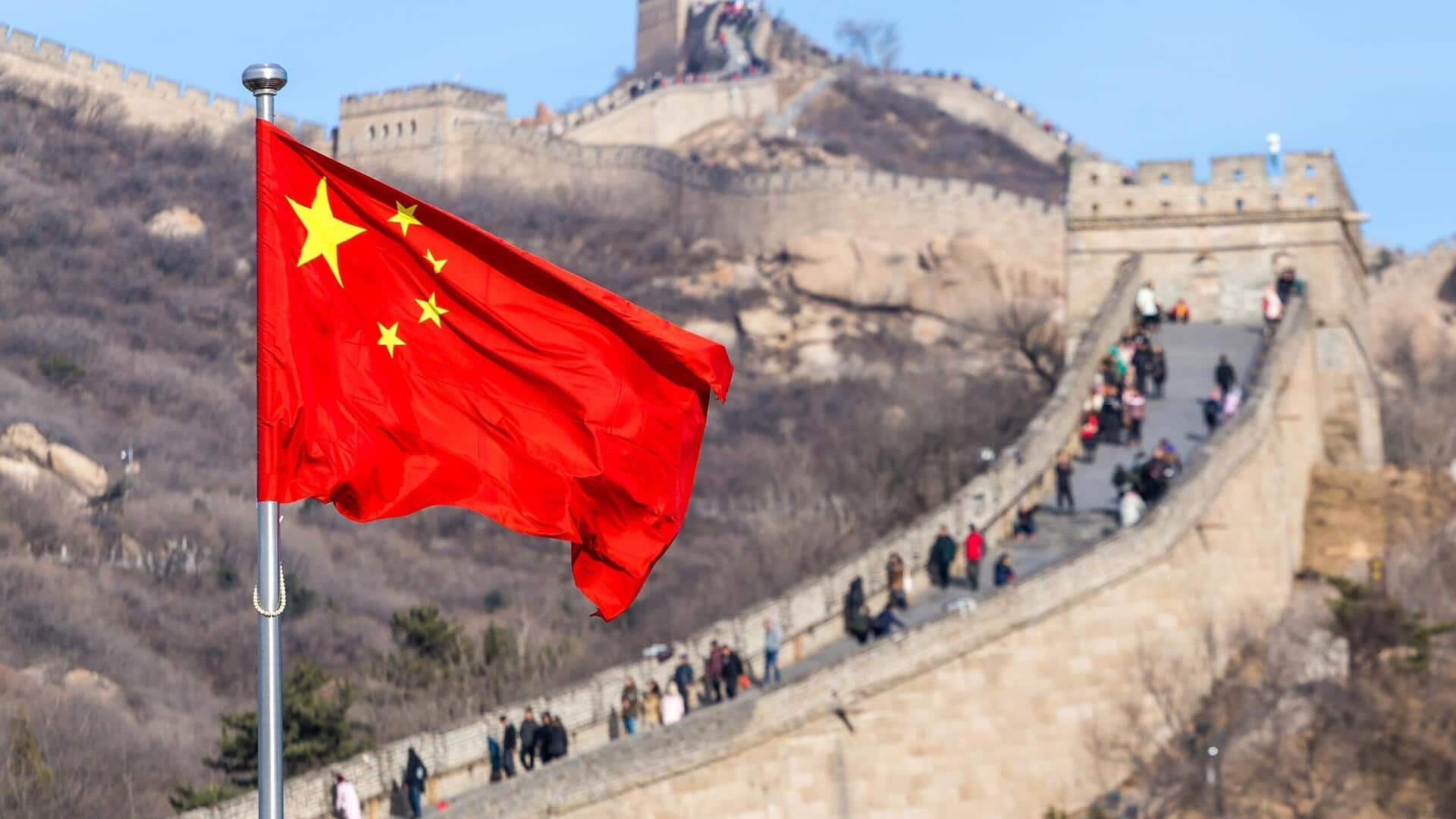
Believe it or not, this country is biggest Chinese-loan recipient
What's the story
A recent study by AidData, a research lab at the College of William & Mary, has revealed an unexpected twist in global finance. It found that the United States is the largest recipient of credit from China's state-owned entities over the last 25 years. The report tracked China's overseas lending and grant-giving from 2000 to 2023, amounting to an estimated $2.2 trillion across 200 countries.
Loan details
US received over $200B in Chinese loans
The report found that the US bagged more than $200 billion in official-sector credit for nearly 2,500 projects. This makes it the world's largest recipient of Chinese loans, despite Washington often warning other countries about the risks of Chinese debt. The study highlights a major shift in China's lending strategy from developing economies to upper-middle and high-income countries.
Strategic focus
Chinese loans now target critical infrastructure, tech assets
Brad Parks, Executive Director of AidData, said the shift in China's lending strategy is strategic. He said it focuses on "critical infrastructure, critical minerals, and the acquisition of high-tech assets like semiconductor companies." The study found Chinese state-backed institutions active across almost every US state and sector. The funding has gone into projects such as Liquid Natural Gas (LNG) facilities in Texas and Louisiana to data centers in Northern Virginia.
Transparency concerns
Chinese loans funneled through shell companies
The study also saw that much of the $200 billion in loans was hidden by routing it through shell companies in jurisdictions like the Cayman Islands and Delaware. This lack of transparency, along with security concerns over Chinese entities investing in US businesses linked to critical technology (biotech, robotics, semiconductors), has raised alarms among security experts.